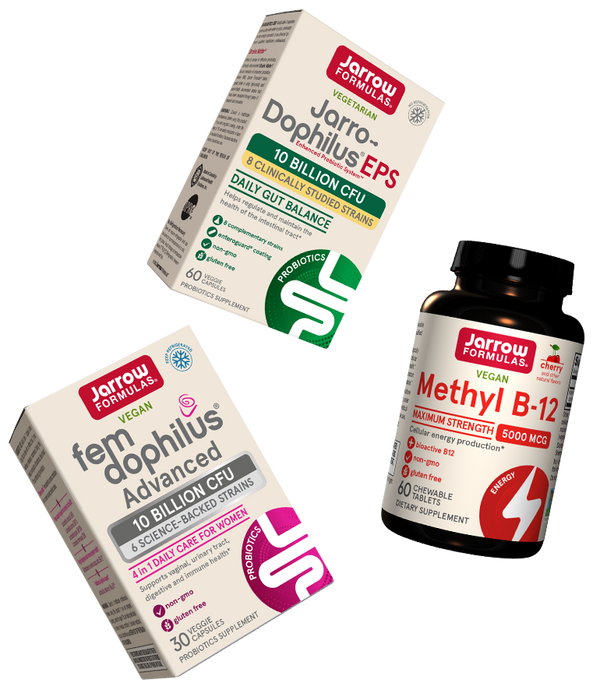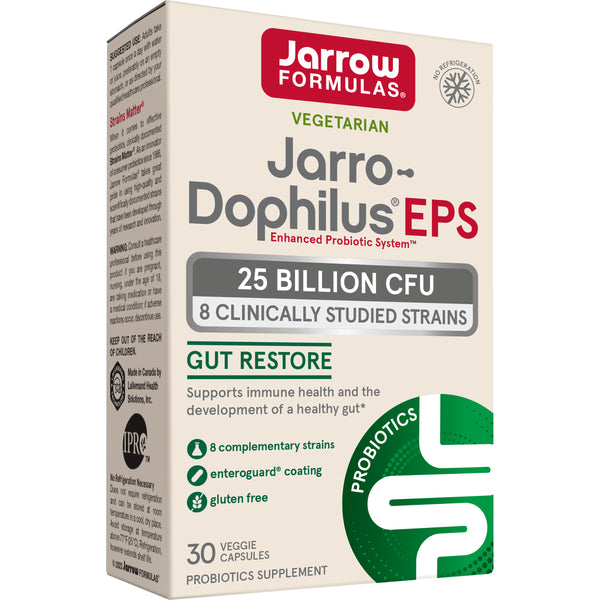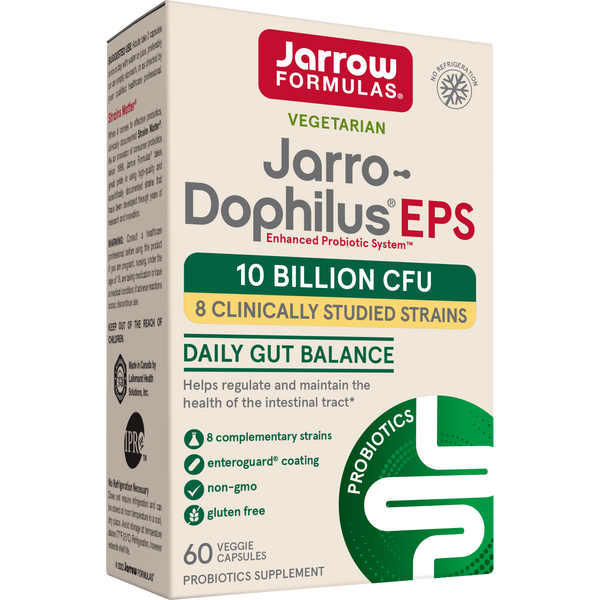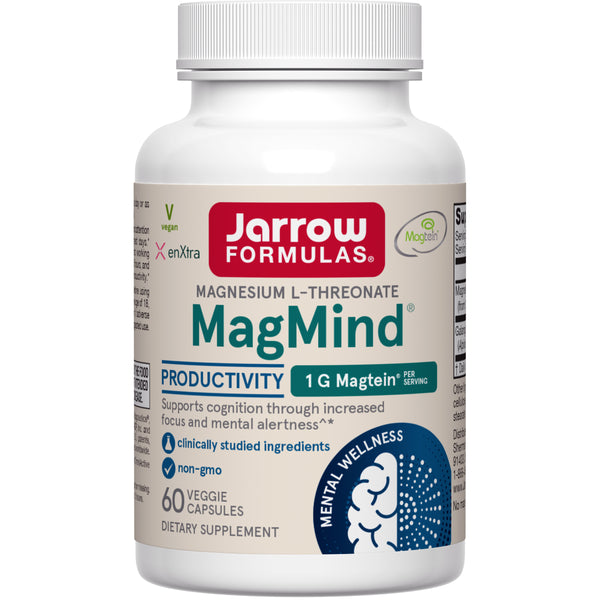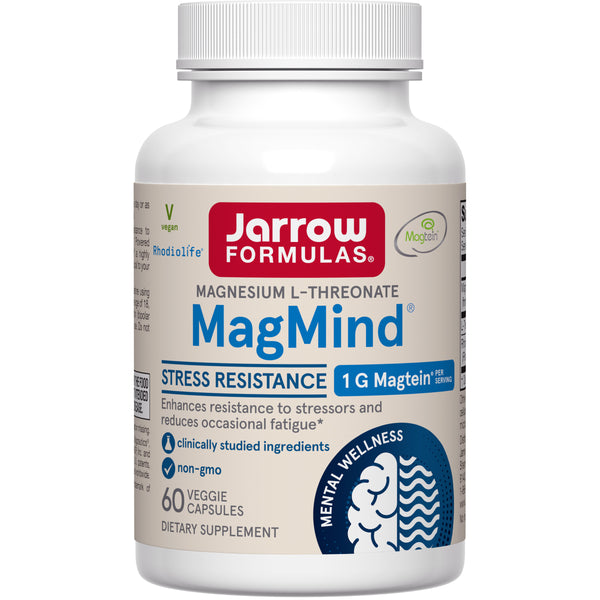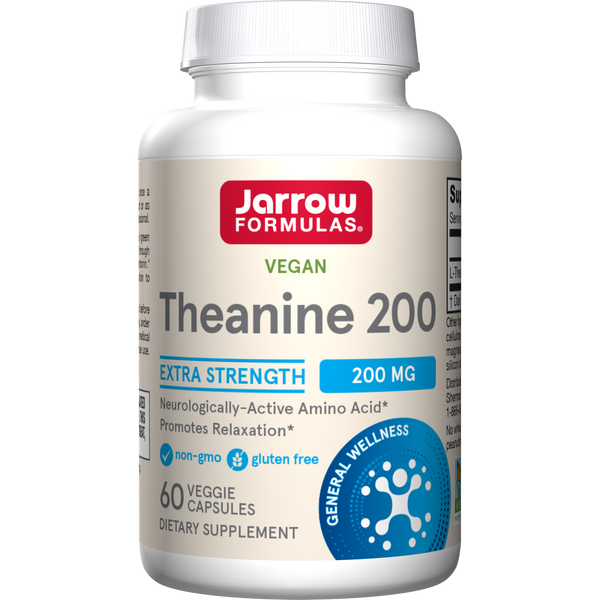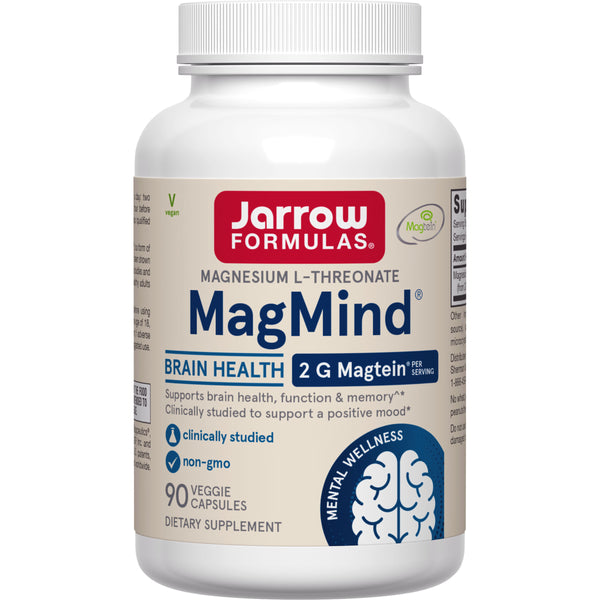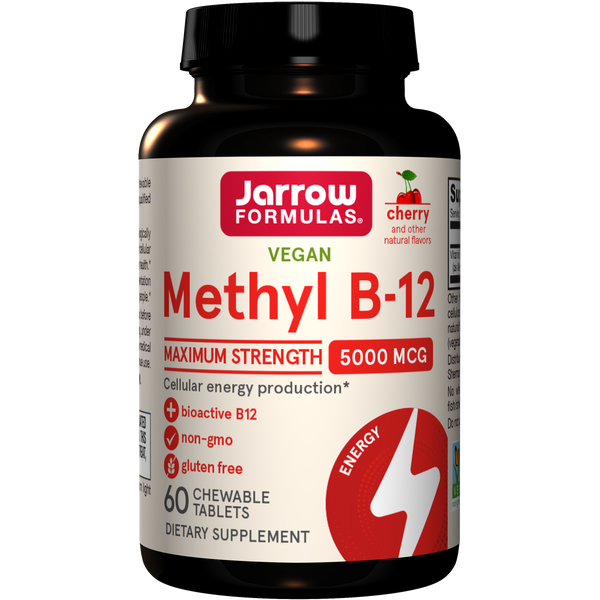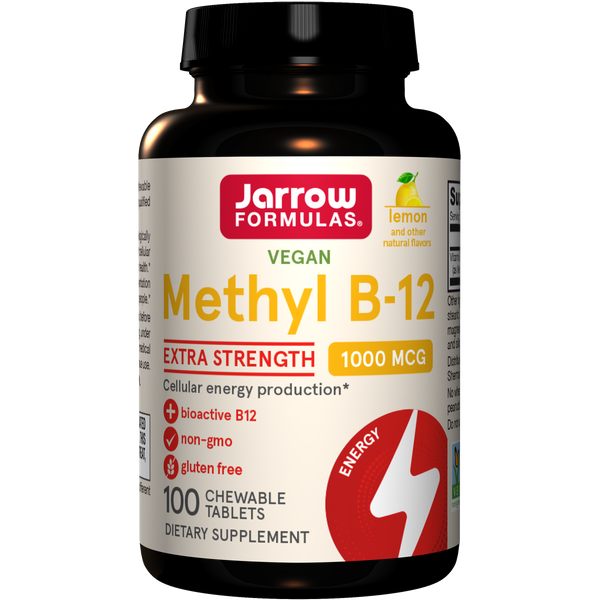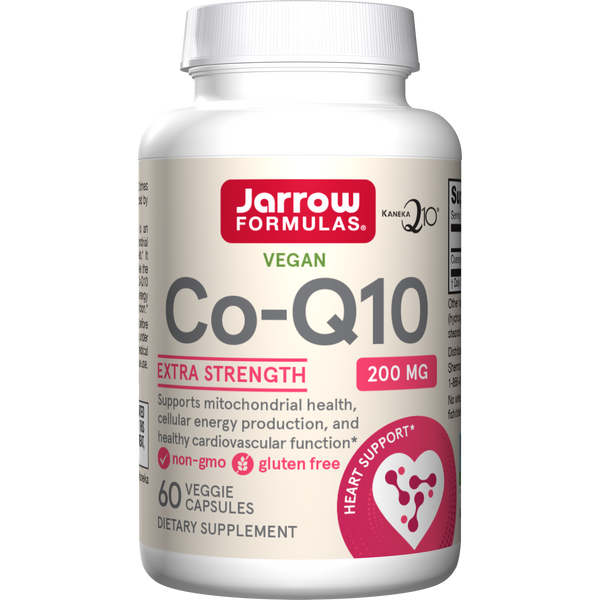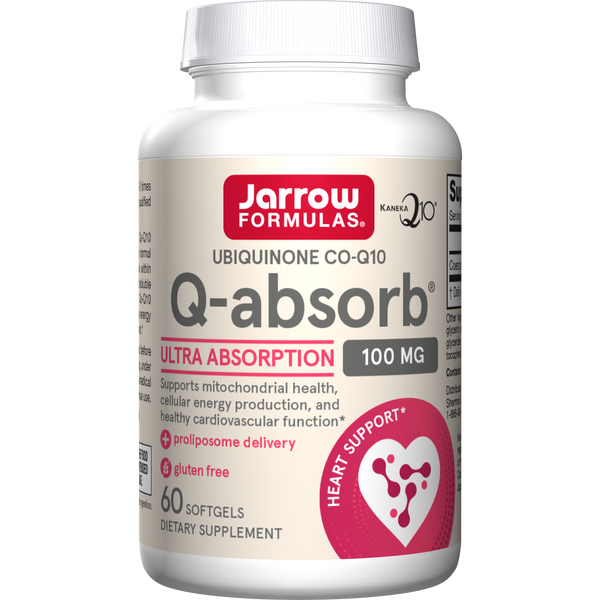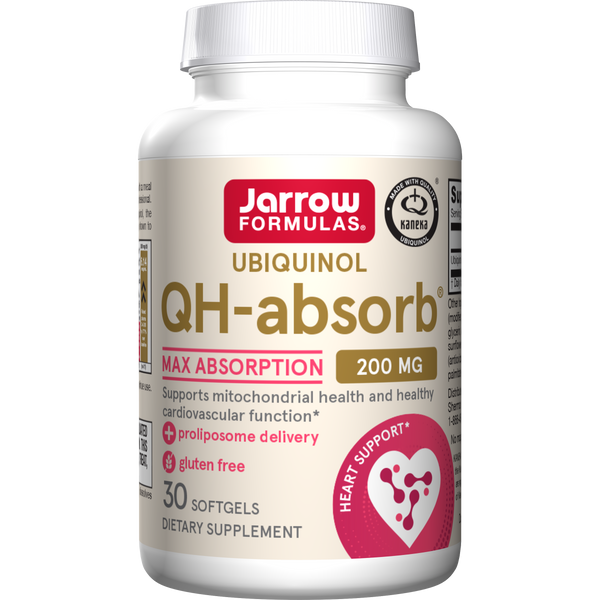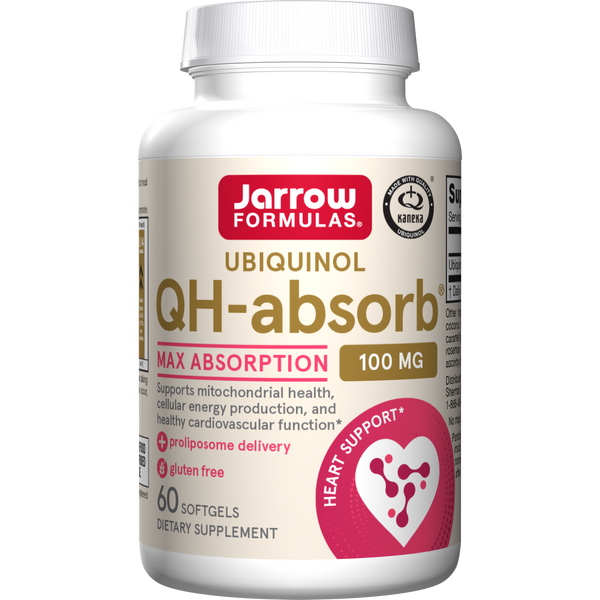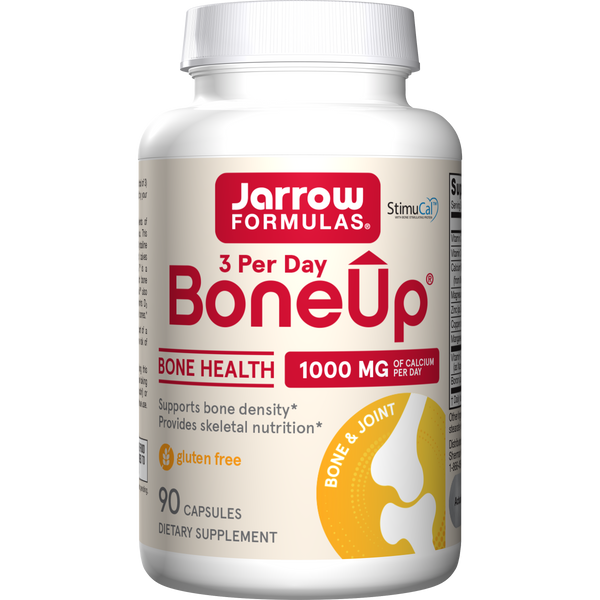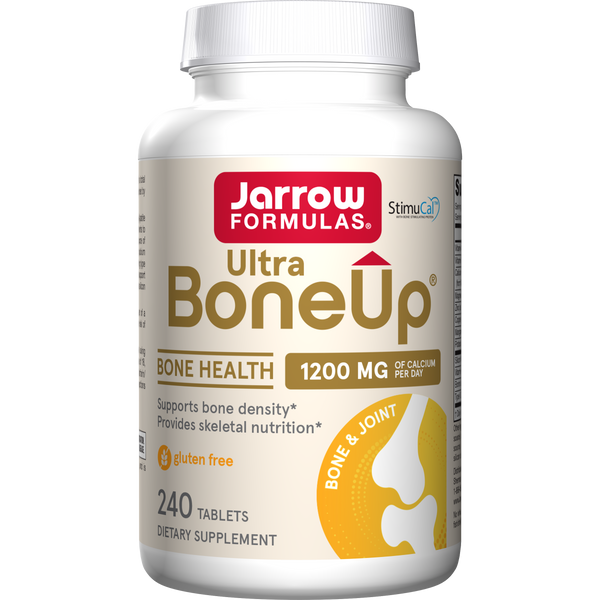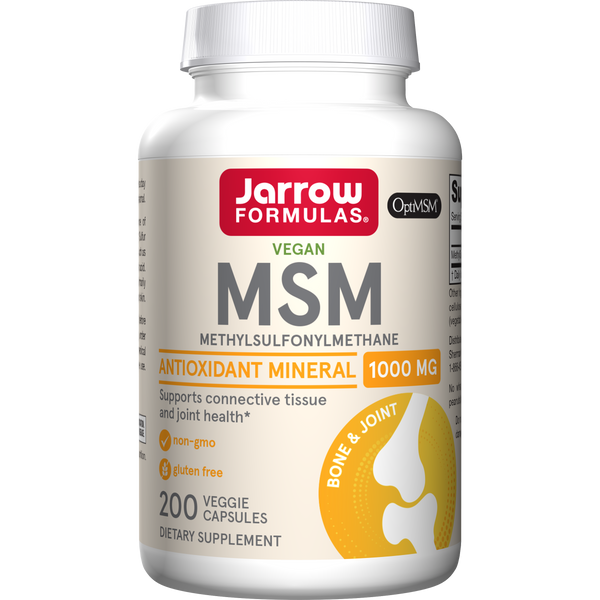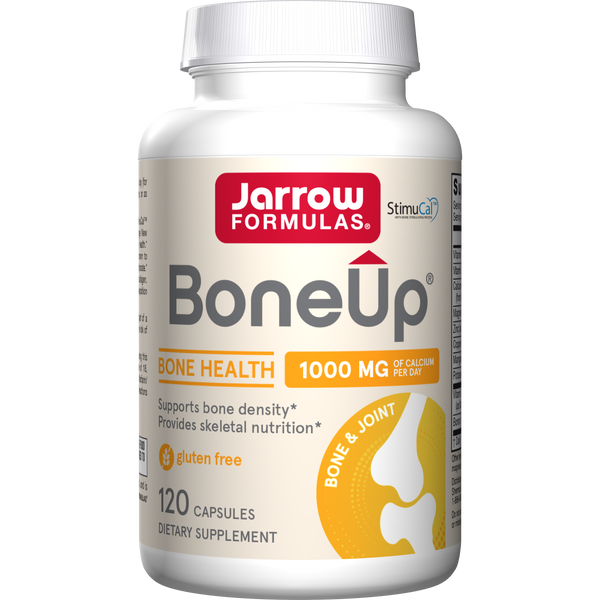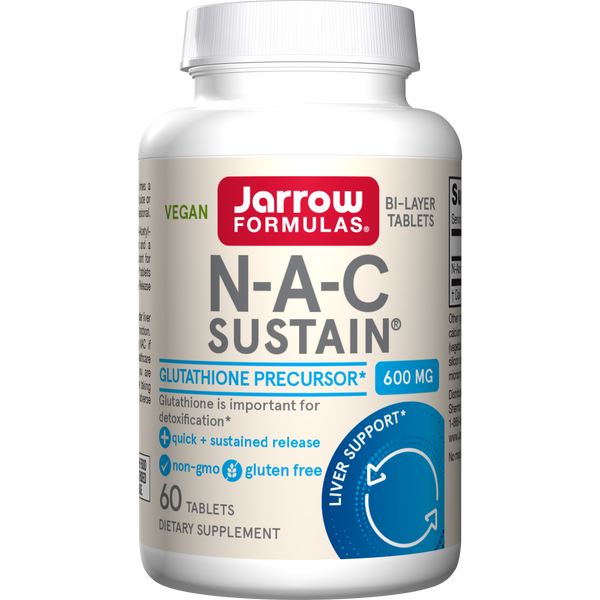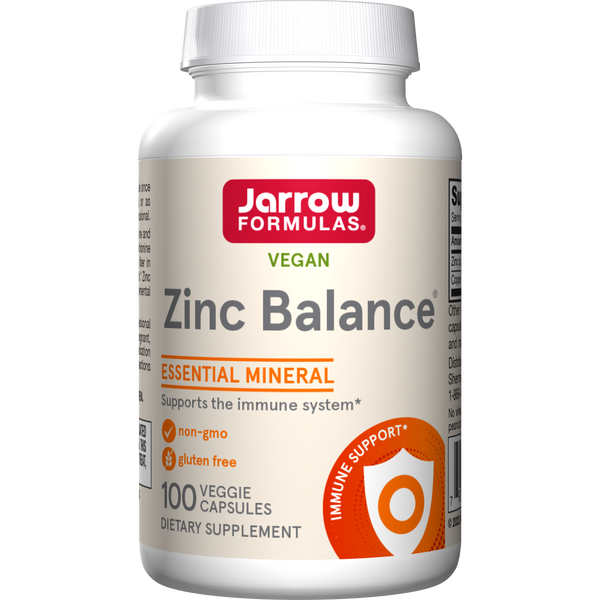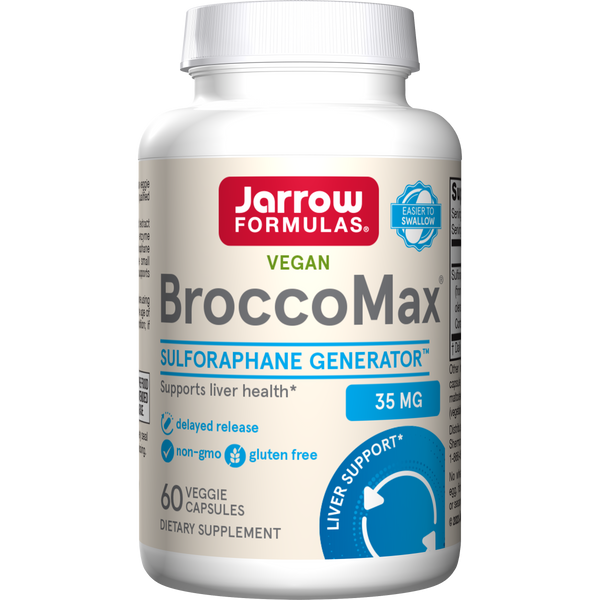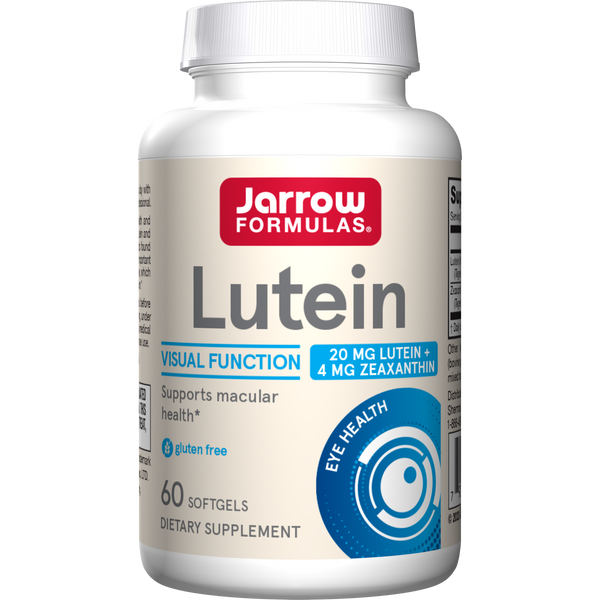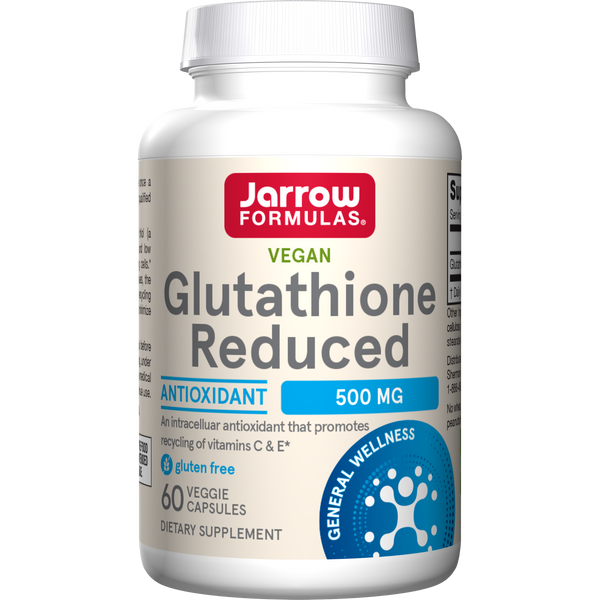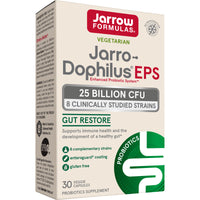Long-term CoQ10 Use and Heart Health
A recent placebo-controlled trial, called the Q-SYMBIO study, followed heart failure (HF) patients taking co-enzyme Q10 (CoQ10) daily for two years. The researchers found striking differences in both short-term symptoms and long-term incidence of another heart attack or death.
Researchers randomly assigned 420 HF patients to placebo or 300 mg/day CoQ10 (100 mg, t.i.d.) for two years. The researchers monitored outcomes, such as morbidity and mortality, daily symptoms and a biomarker called N-terminal prohormone of brain natriuretic peptide (NT-proBNP). Higher levels of NT-proBNP strongly correlate with worse outcomes in HF.
Coenzyme Q (CoQ10) is essential to all human cells as part of the electron transport chain in mitochondria, the powerhouses of the cell that create ATP. Upon cardiac heart failure the bioenergetics of heart cells become disrupted. They lose their redox mojo. In fact, there is an inverse correlation between severity of heart failure (HF) and the levels of CoQ10 in myocardial tissue. The lower native CoQ10 levels, the worse off the HF patient.
The results of this study provide hard data for what many suspected. After only three months there was a trend toward reduced NT-proBNP levels in the CoQ10 group. Such that by the end of the study, the CoQ10 group saw their chances of being hospitalized for another major cardiac event decreased by a factor of two.
The Q-SYMBIO results are unequivocal. For HF patients, CoQ10 use should be strongly considered especially with the context of the attractive risk-benefit profile. And for those people who are lucky enough to not be a heart failure patient? Supporting adequate levels through supplementation with CoQ10, or ubiquinol, may be even more worthwhile than previously thought.
European Journal of Heart Failure. 2013 15( S1 ): S20.
